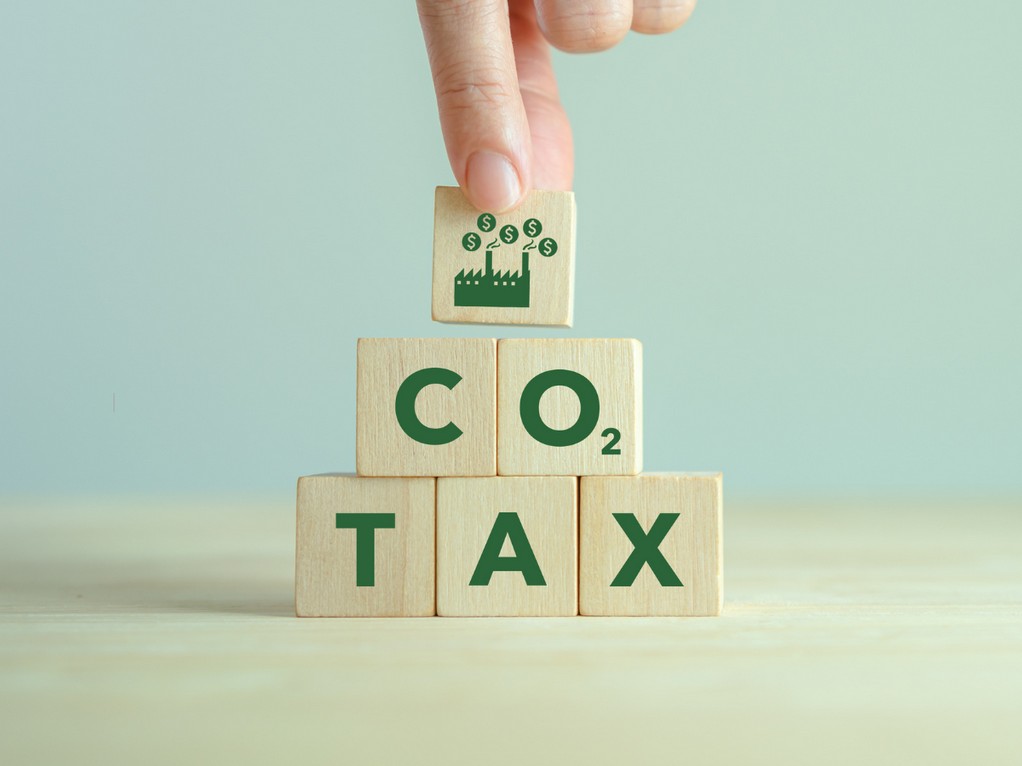India has declined to accept a European Union proposal to levy higher taxes on its carbon-producing industries, which the 27-nation bloc said it was willing to offset when those products enter its borders.
The latest suggestion was made by an EU delegation led by Gerassimos Thomas, director general for taxation and customs union within the European Commission, who defended the proposed carbon border adjustment mechanism in its meetings with Indian officials.
New Delhi has conveyed its stance to the EU delegation, labelling the proposed CBAM as unfair and detrimental to domestic market costs, Seth said.
The EU last year approved the world’s first plan to impose tariffs on imports of high-carbon goods, including steel, aluminium and cement, aiming to reach net-zero greenhouse emissions by 2050.
Negotiations between the EU and India continue at a “technical level,” an EU statement said after the delegation’s visit earlier this month.
EU officials are trying to win over countries like China, South Africa and India that have opposed the CBAM.
The European Commission delegation had told India that the carbon tax’s primary intent was not to raise revenue but to ensure the supply of greener goods to the EU market.
The EU delegation suggested India could implement its own carbon tax to fund advancements in supply chains and cut carbon emissions, while maintaining its share of the EU market.
Assuming there is no domestic Indian plan to tax high-carbon production – and incentivise a move to lower-carbon methods – the EU plans to collect the carbon tax on each consignment of steel and aluminium from Jan. 1, 2026, potentially imposing tariffs of between 20% and 35%, according to industry estimates.
Analysts warn that the deadlock over carbon emissions could strain bilateral trade and affect discussions on a free trade agreement.
The EU is India’s second-biggest export destination with nearly $100 billion of exports in total in 2023.
India, with a carbon intensity of 632 grams per KWh in 2022, according to think tank Ember, is expanding its renewable capacity and has reduced its carbon intensity by 3.5% since 2018. It aims to achieve net zero by 2070.



Recent Posts
The Liberian Registry and Korean Register (KR) grant AiP to Samsung
To satisfy decarbonization targets, Big Oil invests billions in the manufacture of biofuel
ISO issues standards for methanol as a marine fuel
Amazon, partners to test electric trucks on a freight corridor in India
Hutchison Ports BEST receives Lean and Green award for outstanding emissions reduction
India ranks 10th in list of 60 countries assessed for efforts to fight climate change: Report
SECI to collaborate with H2Global for green hydrogen
Maersk completes first large container vessel conversion to dual-fuel